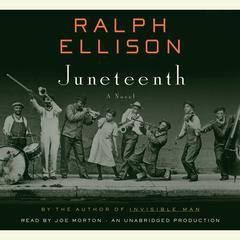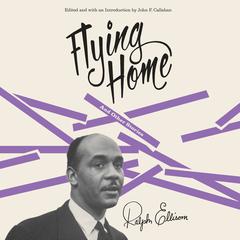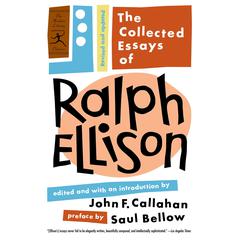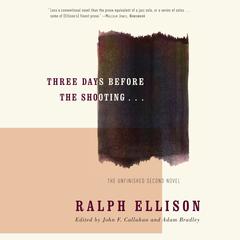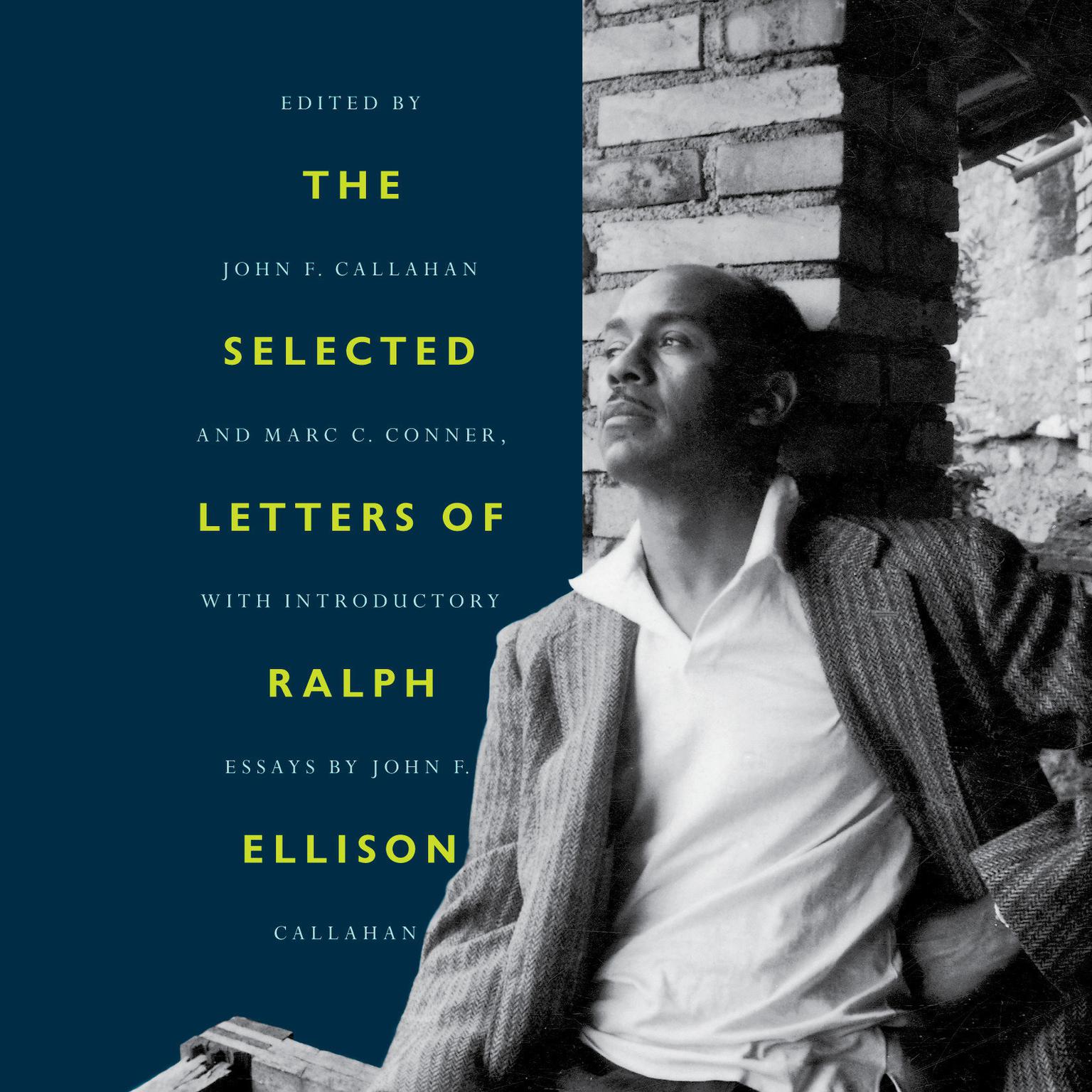 Play Audiobook Sample
Play Audiobook Sample
The Selected Letters of Ralph Ellison: A Life in Letters Audiobook
 Play Audiobook Sample
Play Audiobook Sample
Quick Stats About this Audiobook
Total Audiobook Chapters:
Longest Chapter Length:
Shortest Chapter Length:
Average Chapter Length:
Audiobooks by this Author:
Publisher Description
A radiant collection of letters from the renowned author of Invisible Man that trace the life and mind of a giant of American literature, with insights into the riddle of identity, the writer’s craft, and the story of a changing nation over six decades These extensive and revealing letters span the life of Ralph Ellison and provide a remarkable window into the great writer’s life and work, his friendships, rivalries, anxieties, and all the questions about identity, art, and the American soul that bedeviled and inspired him until his death. They include early notes to his mother, written as an impoverished college student; lively exchanges with the most distinguished American writers and thinkers of his time, from Romare Bearden to Saul Bellow; and letters to friends and family from his hometown of Oklahoma City, whose influence would always be paramount. These letters are beautifully rendered first-person accounts of Ellison’s life and work and his observations of a changing world, showing his metamorphosis from a wide-eyed student into a towering public intellectual who confronted and articulated America’s complexities.
Download and start listening now!
“Sixty years of correspondence progressing to a narrative…another Ellisonian magnum opus, one necessarily unfinished.”
— New Yorker
Quotes
-
“This book is a treasure.”
— Wall Street Journal
Awards
-
A New York Times Book Review Editor’s Choice of the Week
The Selected Letters of Ralph Ellison Listener Reviews
Be the first to write a review about this audiobook!
About Ralph Ellison
Ralph Waldo Ellison (1914–1994) was an American novelist, literary critic, scholar, and writer. He is best known for his novel Invisible Man, which won the National Book Award in 1953. He also wrote Shadow and Act, a collection of political, social, and critical essays, and Going to the Territory.
About John F. Callahan
Dominic Hoffman, winner of numerous AudioFile Earphones Awards for narration, has been named an AudioFile Golden Voice. He is a Los Angeles–based actor of stage, screen, and television. He has appeared in such television shows as The Shield, NYPD Blue, and The Jamie Foxx Show. He attended the London Academy of Music and Dramatic Art as well as the American Conservatory Theater.





